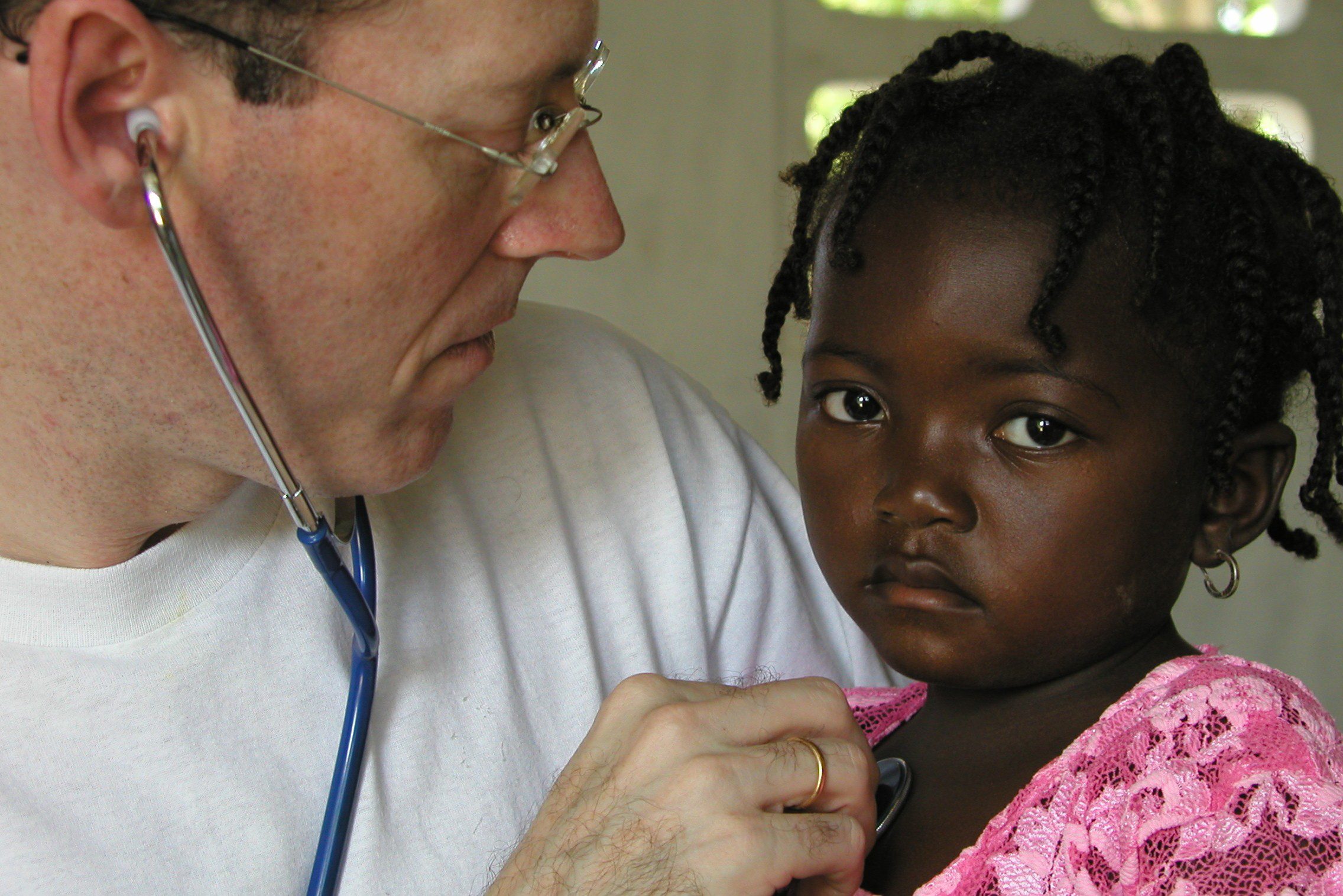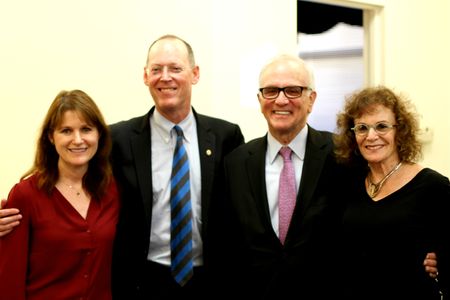Remembering Paul Farmer
When Dr. Paul Farmer, co-founder of Partners In Health and staunch advocate for global health equity, addressed the College of General Studies community in November 2015, the energy in the room was palpable.
To a capacity crowd of more than 600 in the Jacob Sleeper Auditorium, Farmer used the Stanley P. Stone Distinguished Lecture to emphasize the stark inequalities in health care that exist around the globe, and to stress the urgent need to address these inequities.
“Adequate health care is a right, not a miracle,” Farmer said.

Farmer, who died last month at the age of 62, was remembered by members of the CGS community for his passion, his impact on the world, and his generosity.
Dean Natalie McKnight remembers the night Farmer came to CGS as one of the most memorable and impactful events of her career. The energy in the room, she said, was palpable.
“It felt like we were hosting a rock star the excitement and eagerness were so intense,” she said, adding, “Dr. Farmer was a rock star in the world of public health and human rights. He accomplished so much in his relatively brief life, and his impact continues to be felt across the globe.”
After the lecture, McKnight said, Farmer stayed for four hours to sign books for everyone in the audience who wanted a signature.
“I was standing there when he greeted the last person, and he gave that young man as much attention and warmth as he had offered each person from the start,” she said. “I can see why many have called him a saint. That night, I felt as if I had witnessed a miracle of sorts. He had the rare gift of seeing and valuing the fundamental humanity of every person he met, no matter how tired or busy he was.”

The event was the most well-attended Stone lecture in CGS history, with hundreds of people turned away due to capacity limits.
“The line to get into the event began outside the JSA, went up the stairs into the lobby, out the door to the sidewalk, and down Commonwealth Avenue,” said Davida Pines, Associate Professor and Chair of the Rhetoric Division at CGS. “The emotion and connection that people felt for him was visible and palpable.”
In addition to his generosity with his time and energy, Farmer was remembered for the lasting legacy he left on the world, which includes the thousands around the globe who he has inspired to take up the cause of health care for all.
“I believe that his accomplishments and dedication to improving the health care of others will have a lasting influence not only to the practitioners in the medical profession but also to the individuals and organizations throughout the world who are committed to social justice and humanitarian work,” said Stanley Stone (CGS’64, Questrom’66), whose generosity makes the Stone lecture series possible.
For McKnight, the lessons of Farmer’s talk that day have stuck with her.
“I think the most important take-away from his talk was that health care is a basic human right and therefore it should be available to all regardless of their income,” McKnight said. “He made you realize that this position should be obvious, should be a given, but sadly is not a given at all. Basic health care remains a privilege that is unavailable to many low-income people around the world, except in those places where PIH is providing it.”